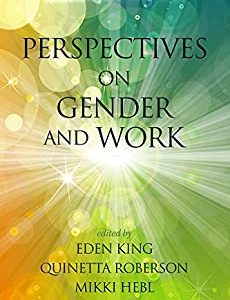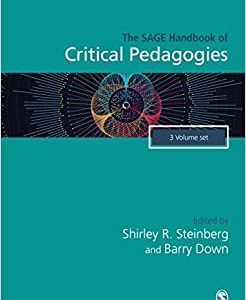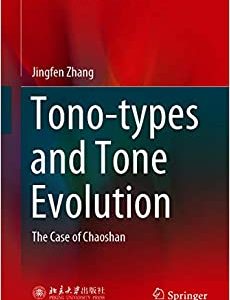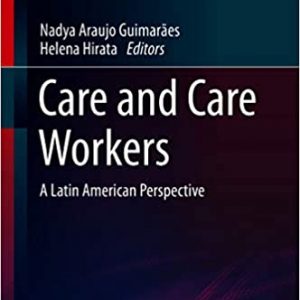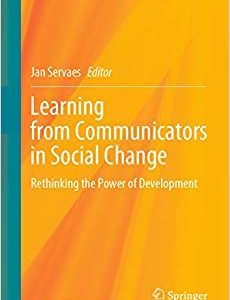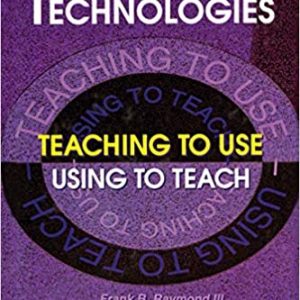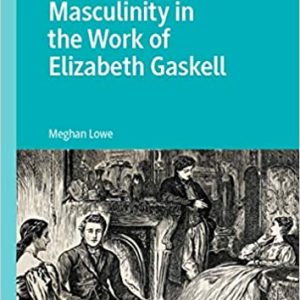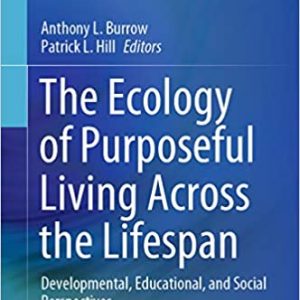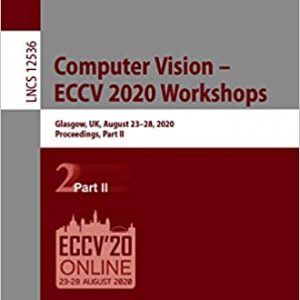This volume examines language development in different types of learner populations and across various languages. The contributors analyze experimental studies of child and adult language acquisition, heritage language development, bilingualism, and language disorders. They consider theoretical and methodological issues; language development in children, discussing topics that range from gestures to errors in person and number agreement; and development and attrition of (morpho)syntactic constructions in second language learners, bilinguals, and Alzheimer's patients.
The approach is "crosslinguistic" in three senses of the word: the contributors offer analyses of acquisition phenomena in different languages; they consider "crosslinguistic influence," or the potential effects of multiple languages on one another in the mind of the same speaker; and (in a novel use of the term, proposed by the editors), the chapters bring together theoretical and methodological approaches pertinent to the linguistics of language development in children, adults, and heritage speakers.


